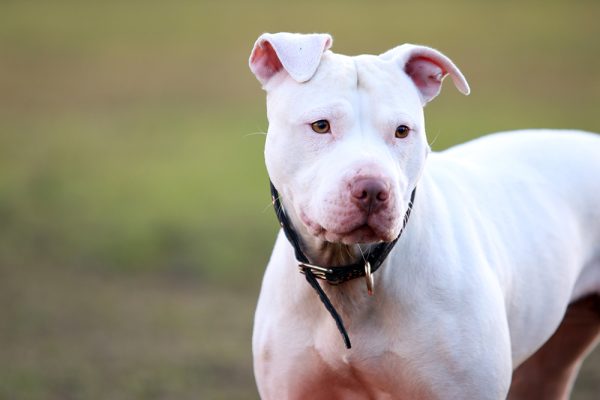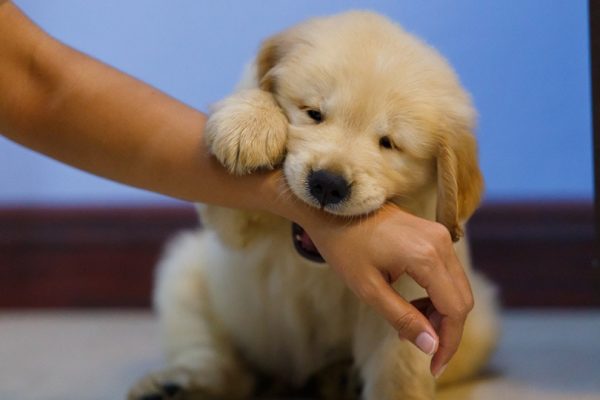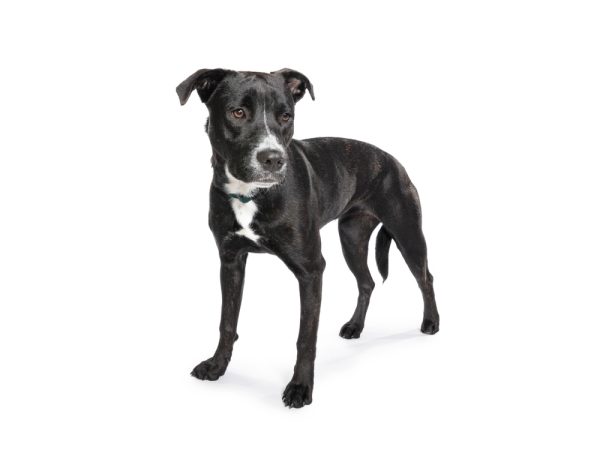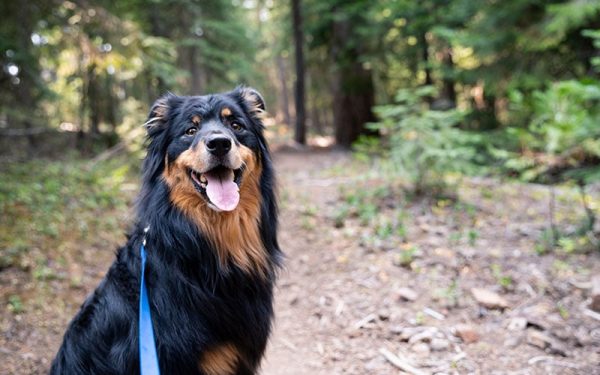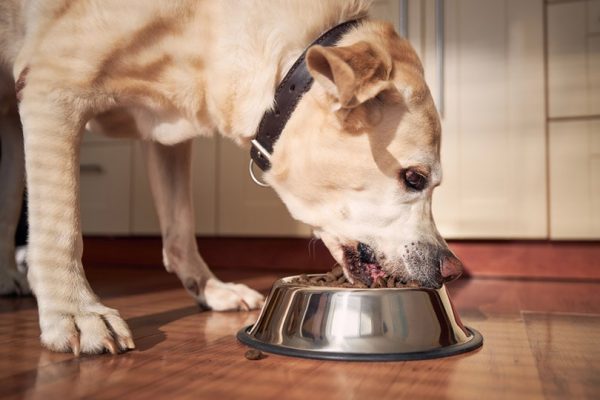In this article
View 2 More +Have you ever been snuggling up to your pup while they drift into dreamland, only to be startled by your snoozing dog suddenly whining or crying in their sleep? This isn’t a particularly unusual behavior for dogs, but it can be quite concerning the first few times you experience it. Most dogs who cry in their sleep are dreaming, but there are other potential reasons for this behavior.
Read on to learn more about why dogs whimper while asleep.

The 4 Reasons Why Dogs Cry in Their Sleep
1. They’re Dreaming
The most common reason your pup is crying in their sleep is that they’re dreaming. Dogs have similar sleep cycles to humans in that they go through periods of light and heavy sleep. They go through sleep stages similar to ours, including light, deep, and rapid eye movement (REM). It’s during the REM stage that your pup may begin dreaming.
Although we can’t prove that dogs dream without a doubt, their brain waves during REM suggest that they do.
Larger dogs will have more extended REM periods, while their smaller counterparts will have shorter periods. This basically means that smaller breeds will alternate between their REM and non-REM sleep stages more frequently, so they often dream more.

2. They’re Uncomfortable
Another potential reason your dog is crying in their sleep is that they’re experiencing some degree of physical discomfort. Like humans, dogs can experience aches, pains, muscle twitches, and cramps while they’re asleep. Some medical conditions, such as congestive heart failure or acid reflux, can cause discomfort when your dog lies down.
If your pup is crying while they’re lying down, check to see if they’re actually asleep. If you have reason to believe they’re awake, we recommend making an appointment with their veterinarian to see what’s going on.
If you need to speak with a vet but can't get to one, head over to PangoVet. It's our online service where you can talk to a vet online and get the advice you need for your dog — all at an affordable price!

3. They’re Aging
Aging dogs experience many changes to their bodies, which may contribute to their sleep crying. They may be in pain from aching joints or even experiencing cognitive changes that severely impact their sleep quantity and quality.
Canine cognitive dysfunction syndrome (CCDS) is the dog version of Alzheimer’s disease. Dogs with this condition may experience severe sleep dysfunction. Studies show that dogs with worsening cognitive functioning spend less time in REM and non-REM sleep. This means they’d have less time to dream and spend much more of their day awake. If you’ve ever gone an extended time without sleep, you know how much that can affect every aspect of your life. When they do finally manage to fall asleep, their brains don’t turn off the way they used to when they were younger.
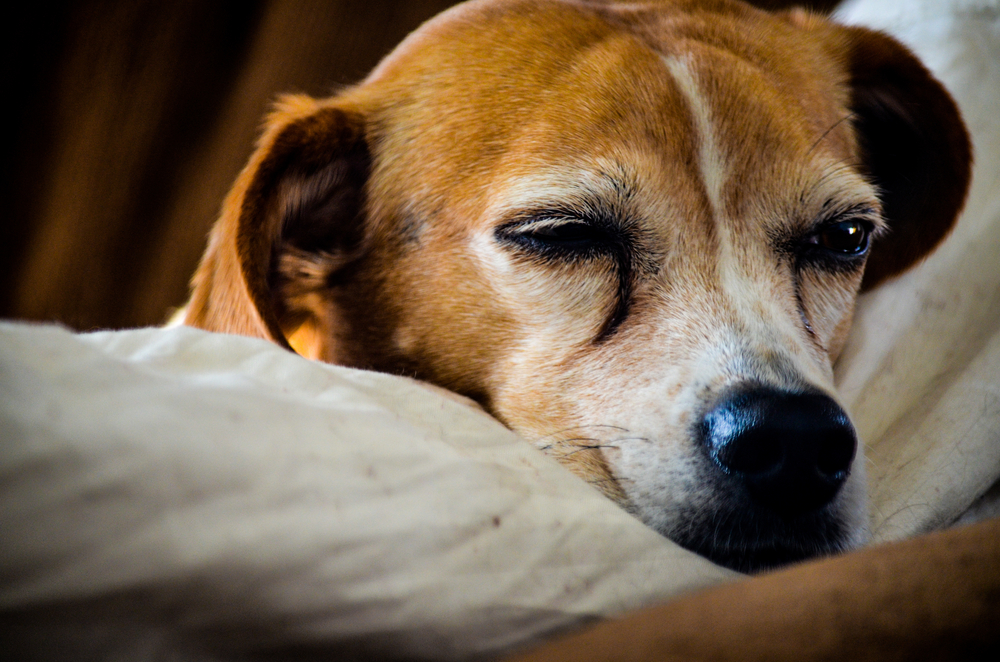
4. They Have a Health Condition
Certain health conditions may cause your pup to cry in their sleep.
For example, most dogs with seizures will have them while they’re awake or shortly after waking; however, some get them while they’re resting or asleep. It can be challenging to determine whether your sleeping dog is just dreaming or having a seizure, though those having a seizure will typically wake up disoriented and may pant or drool. They can sometimes urinate or defecate on themselves.
If you believe your dog is having seizures, it’s best to have them evaluated by your veterinary team. Try to get video evidence of your pup’s curious sleep behaviors so your vet can get a better idea of what could be plaguing them.
Things like anxiety and past trauma can also cause your dog to cry in their sleep.

Should I Wake My Dog Up From a Nightmare?
If you believe that your dog’s sleep crying is due to them having a nightmare, you might wonder if you should wake them up. It’s clear that they’re anxious and uncomfortable, but is waking them up the right thing to do?
No, it would be best if you actually didn’t wake your dog up from a dream. Sleep, especially the REM cycle your pup is in while actively dreaming, is an essential aspect of your dog’s health. Interrupting their sleep can have negative impacts on their health over time.
Additionally, suddenly waking up a dog in a nightmare can startle them and may make them unintentionally bite or snap at you.
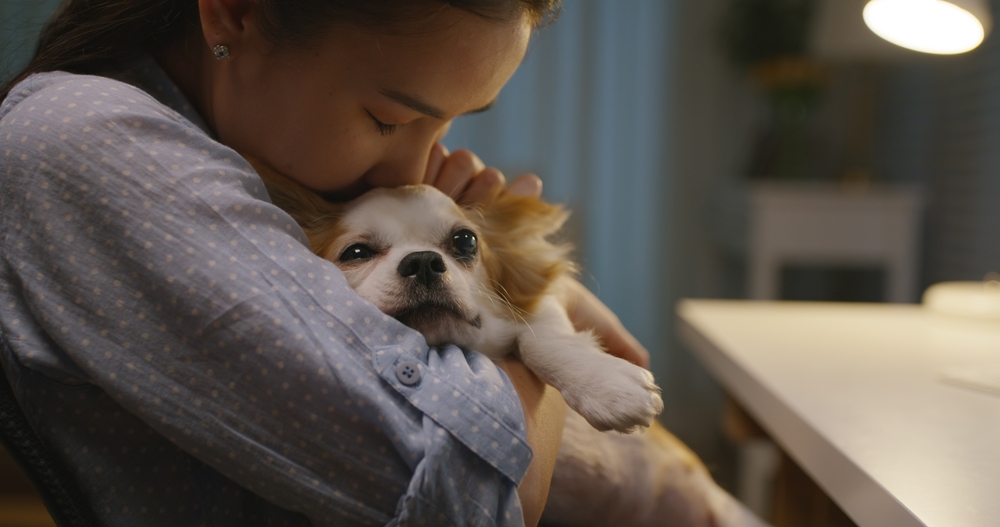
When Should I Be Concerned About My Dog’s Sleep Crying?
While sleep crying is typically not a cause for concern, it can be if this is an unusual behavior for your pup.
If visible signs of distress accompany your dog’s sleep whimpers, such as excessive drooling, abnormal respiration, or trembling, it doesn’t hurt to have them examined by a vet. The same is true if your dog suddenly picks up out-of-character behaviors while they’re awake, too.
If your pup’s sleep crying is a new behavior, keep a closer eye on them than usual to look for other signs of illness.

Final Thoughts
So long as your dog is healthy and doesn’t exhibit any new or concerning behaviors while awake or asleep, their sleep crying is most likely the result of a dream. Since dreaming is a normal part of their sleep cycle, we don’t recommend waking them up, even if they appear to be having a nightmare.
Featured Image Credit: sherwood, Shutterstock


